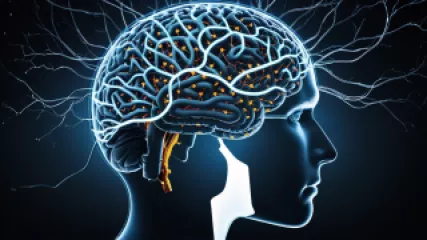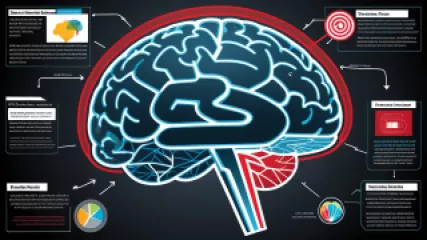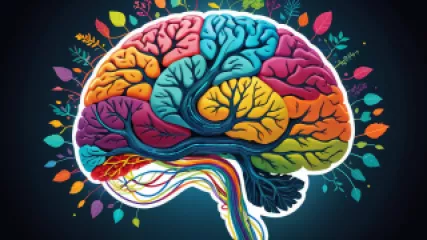Top 10 Digital Wellbeing Tools to Boost Productivity and Focus
1 year ago
Digital Wellbeing
10 Proven Strategies to Overcome Mental Fatigue
1 year ago
Mental Fatigue Solutions
Uncovering Your Authentic Self: An Interview with a Self-Discovery Expert
1 year ago
Discovering Self Identity
4 Proven Memory Improvement Techniques to Try Today
1 year ago
Improving Memory Techniques
My Journey to Manage Anxiety: A Personal Story
1 year ago
Anxiety
Overcoming Mental Fatigue: A Comprehensive Guide
1 year ago
Mental Fatigue Solutions
Understanding the Cognitive Impact of Advertising: A Research Summary
1 year ago
Impact of Advertising
5 Proven Steps to Shift Your Mindset for Lasting Change
1 year ago
Mindset Change
10 Mindful Parenting Practices to Try Today
1 year ago
Mindfulness for Parents
Media Impact: Exploring the Influence of Advertising with Industry Experts
1 year ago
Impact of Advertising
Top 10 Online Mental Health Sessions for Anxiety
1 year ago
Anxiety
Transforming My Mindset: A Journey of Behavioral Change
1 year ago
Mindset Change
The Healing Power of Creative Writing as Therapy
1 year ago
Therapeutic Writing
Overcoming Mental Fatigue: A Journey to Renewed Energy
1 year ago
Mental Fatigue Solutions
Top 7 Memory Boosting Techniques to Increase Memory Capacity
1 year ago
Improving Memory Techniques















